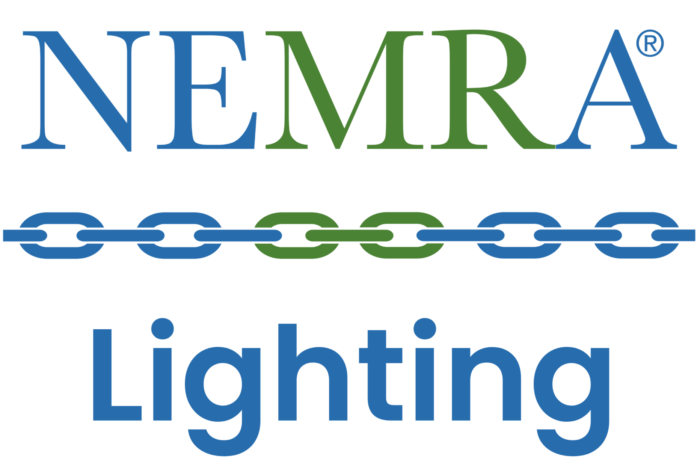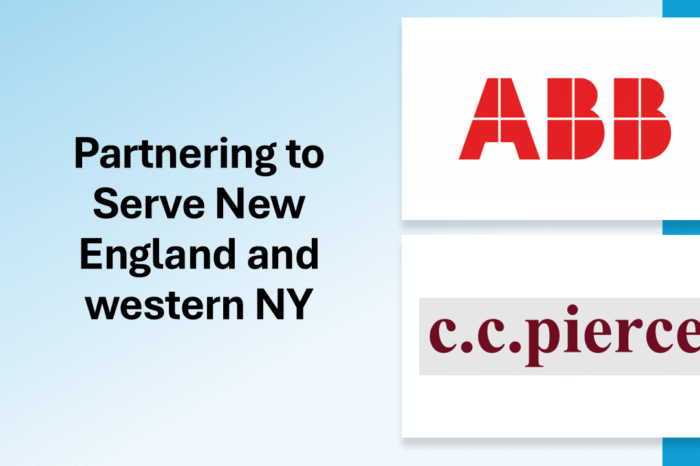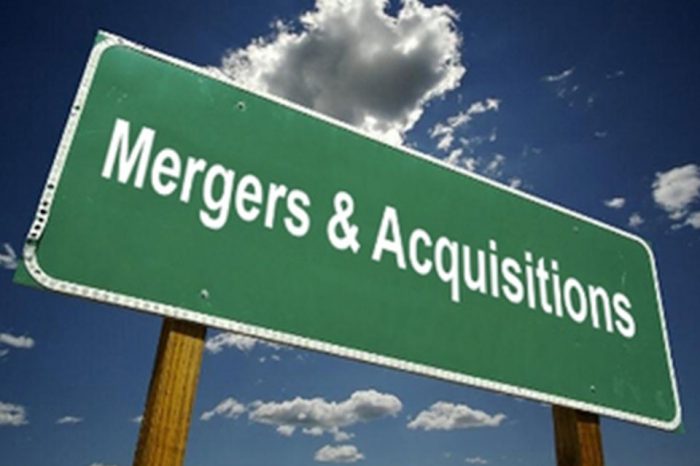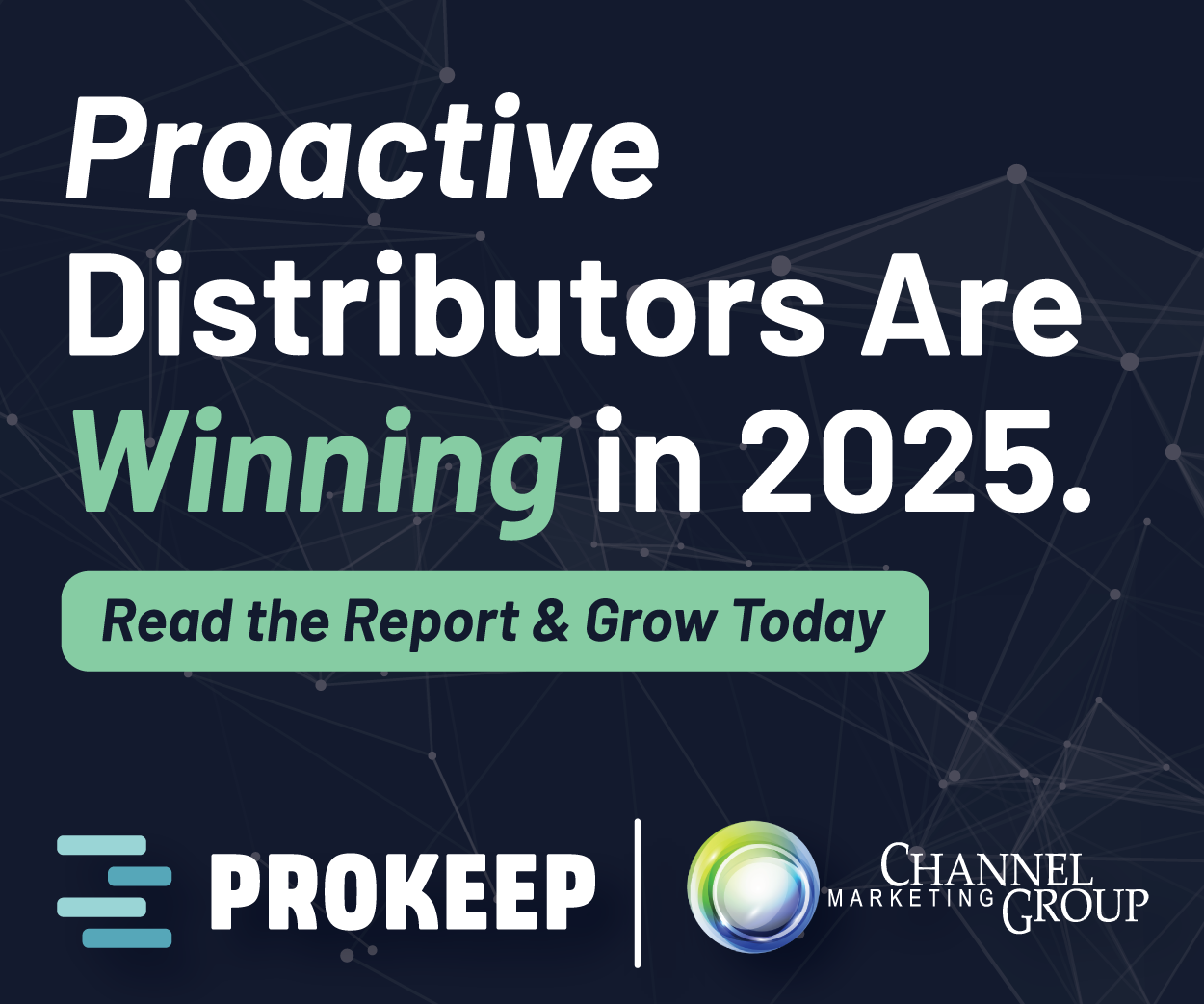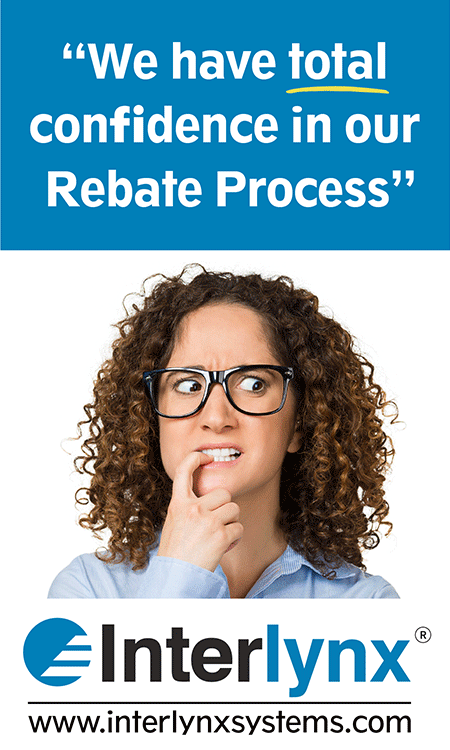The Key to Loyalty is Communication
 Recently I wrote about channel loyalty and asked what mattered – loyalty or volume and defined loyalty based upon “earned loyalty” (living up to commitments.)
Recently I wrote about channel loyalty and asked what mattered – loyalty or volume and defined loyalty based upon “earned loyalty” (living up to commitments.)
We received a good number of calls and comments. Most shared that loyalty, as described in the article, was seldom practiced in today’s environment.
During these discussions we asked “why” and shared examples that truly exemplified the situation including some that gained us loyalty that had been earned.
In the course of these conversations there were six examples that stood out to me. When thinking about them in retrospect, there was a common thread (which I’ll get to at the end.) The examples, from when I was active at my agency, before retiring, were:
- An OEM where we remained loyal to the distributor that had introduced us to the customer. We were selling this account around $3 million a year of a manufacturer’s product at 30% margins. The distributor was not only appreciative of our not selling his competitors, but we continued growing our mutual business. The distributor was sold to an international company and the majority of the executives left the company. The result was that the local people who had supported our efforts either left the company or were no longer in positions to leverage our activities. The OEM decided to move the business we enjoyed to a manufacturer willing to sell them directly through a wire distributor. The result business lost for the agency and the factory due to our loyalty to the distributor. We “rode the horse” of supporting the distributor.
- I visited with a distributor whose headquarters were outside our territory on a quarterly basis as they had many branches within our assigned geography. When visiting with one of their senior purchasing people whom I had known for many years, he asked why I bothered to “waste” my time visiting. I explained that we did a good amount of business with their locations in our area, and I wanted to maintain a good relationship with headquarters. He asked if our agency was ever invited by their company, or our manufacturers, to the meetings they jointly held. My answer was “no” it was done with local representation and the manufacturer, which candidly we seldom heard about or received feedback. We only learned from their local management as to why we were not participating. He then gave me a story that the manufacturers were evaluated by corporate as to profitability, sales, ease of doing business and representation. Out of the various manufacturers he purchased, his #1 evaluated supplier was thrown out because of an international proposal and relationship. Best today, gone tomorrow.
- In another territory, as our associates believed in limited distribution, one of our most loyal distributor’s management changed. In our territory, the mutual relationship was so strong that other distributors in the area believed there was little reason for them to deal with those manufacturers we represented that this distributor supported. Management, as I mentioned, changed and their emphasis changed from being loyal, and committed, to a transactional one as the new management was focused on supplier specific profitability and rebates. Sales effort became less emphasized, and the distributor told many that relationships, past and present, were no longer the priority. All that counted were low cost and high rebates. Manufacturer representatives and factory salespeople talked about the changes openly. It took some time, but each of the area representatives that had been loyal to them, gave their loyalties to others. I certainly understood management desire for profitability; however, we were always told our products were very profitable to their company and we were involved with their sales groups, counters, marketing and had been doing everything they had said was expected. I bring this example specifically because we hear from so many distributors the difficulty, they have with manufacturers relative to their relationships with sales and management. We hear that manufacturers are managed no longer by sales, but by operational and IT people who have never sold product. Profitability is not a goal; it is a necessity and obviously there is no single direction for its achievement.
- A distributor owner asked me to visit with him for a serious meeting. He asked if he could be exclusive with one of our manufacturers within the territory at his branches. We discussed expectations. I related the numbers we were doing in affected area and told him we would need to grow those numbers by a specific percentage annually as we needed to meet our manufacturer’s expectations. I also related that our responsibility to our manufacturers also included new products and what percentage of our business needed to include those new products. With this specific manufacturer, he admitted he could not meet these requirements but understood completely and thanked me for being as upfront as I had been. He remained a loyal and good customer of our manufacturer and our company.
- Lastly, a distributor I knew was extremely loyal to his manufacturers. Every year he made each of them sign an agreement in which he would commit to purchasing their products with near exclusivity. Those manufacturers, in return, would adhere to very specific expectations that would include training, joint sales efforts, marketing, etc. One of the clauses stated that the manufacturer would not sell product into his area on a direct basis nor determine his margins on any job. From an agent perspective, I agreed with him. And he kept to his word. I heard that he terminated one of his major manufacturers mid-year.. I asked him about it, and he replied that they had broken their mutual agreement. One of his salespeople told me that the manufacturer had brought him a good size order with an acceptable margin but had never contacted any of the distributor’s personnel to ask about the margin to quote. I later talked to this manufacturer’s rep, who admitted that he thought the margin was better than they would have ever gotten, but also said he should have known better.
Now, the common thread.
You guessed it
COMMUNICATION. What we each expect from each other is so imperative in our lives and certainly in our business relationships. Are we having these discussions regularly? How many of us take time to put in writing, or even express, what it takes to work together on a “long-term” basis?
And with business dynamics changing in our industry with many “new” people joining companies, acquisitions, pressure from customers and more, are we talking enough? Years ago, there was more selectivity in whom one did business with. Will today’s acquisition activity take us back to that era or are we loyal to volume due to shareholder pressure?
Loyalty?
The question then becomes ”what is loyalty?
- Is loyalty transactional or systemic?
What we truly want it to be may well determine the actions needed. Your definition, and perhaps your desire, of / for“ loyalty” may differ based upon what role you play in the channel (manufacturer, distributor or rep) and what your role is (salesperson, branch manager, purchasing, senior management, agency principal, regional manager, VP sales, etc.…) within your company (which then begs the question of “does the field act the way senior management “talks / desires”?)
If these are discussions you can relate, consider asking Channel Marketing Group to assist in either suggesting processes or making relationships 3-way: Distributor-Manufacturer-Rep or Direct Sales Force or exploring how today’s changing environment may affect your business.



